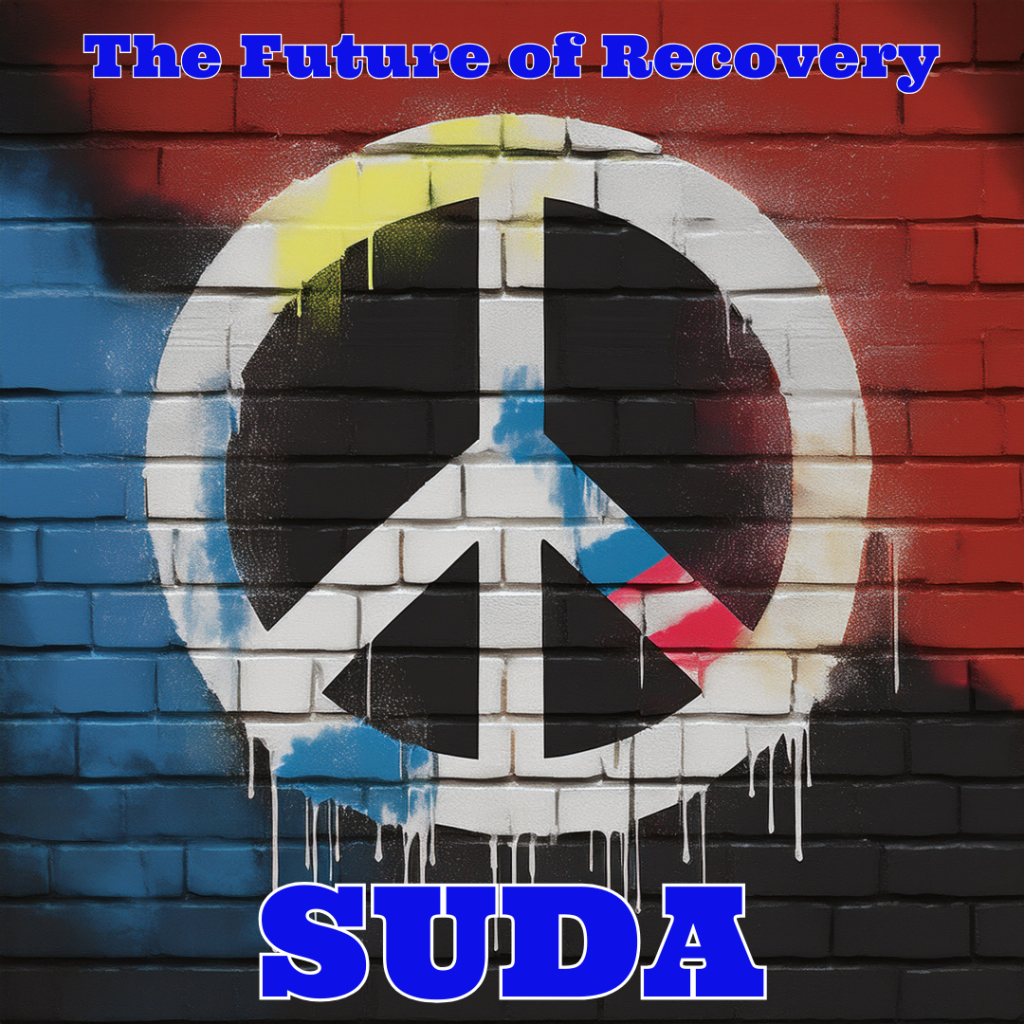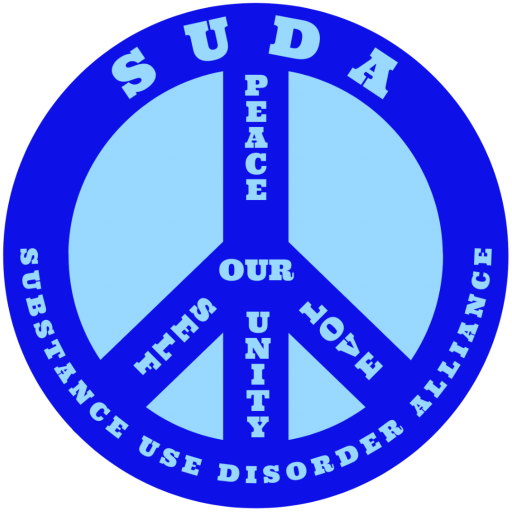About
SUDA: An alternative recovery community.
In SUDA, we emphasize that recovery is a deeply personal journey, and no one here has a definitive path for you to follow. We do not prescribe solutions because what works for one person may not work for another.
Are you tired of external dictates from treatment centers or the courts, or do you feel marginalized by “Big Recovery” for thinking differently? Are you taking medications (including cannabis) and experiencing stigma? In SUDA, your recovery is valid and paramount. We believe that a better or new life defines recovery, and it extends far beyond any form of abstinence. Whether you are using medications, seeking abstinence without rigidity, or simply exploring your own way, SUDA provides a safe space where your successes and are supported and your failures are not a judgment, but a learning experience.
SUDA is a supportive and inclusive community for individuals living with substance use disorder, offering a unique approach to recovery that emphasizes:
- Healthy Boundaries: Establishing balanced relationships with substances and people.
- Non-Judgment: Fostering a safe space free from criticism and unwarranted advise from people who do now know what will work for you. The person who does know what will work is you by the way.
- Self-Empowerment: Encouraging individual agency and personal growth.
- Confidentiality: Maintaining a secure and trusting environment.
- No Steps: We don’t have a template for your recovery. We don’t need you to believe in anything other than yourself, and what works for you. There is a world of knowledge out there, and we don’t want to restrict your access to ways of thinking and believing in yourself.
- No Sponsors: We help each other, we do not direct each other. If someone tells you to do something, you don’t have to answer. No is the default answer to unwarranted advise in SUDA.
- No Value Imposition: Many recovery spaces people are tiered by arbitrary criteria such as time “sober” or “clean” time. No one is allowed to say when you are in recovery based on level of abstinence or time in recovery, and we are all equal.
- No Disease Model: This concept is not a fact, it is a truth for people that find 12-step recovery useful. This model does not even address Substance Use Disorder as a diagnosis, and many of us are not “alcoholic” or an “addict” because addiction is a temporary state. All substance use does not lead to a progressive fatal illness, and it is very disempowering to tell someone they are powerless over an inanimate object if they don’t believe it already. We are empowered in any way we want to be, and neural plasticity is a fact. Whatever thought process empowers you is what SUDA allows. We want you to find you.
- Peace: SUDA helps you find inner peace and well-being by encouraging you to discover your authentic self. You’re free to use any tools or methods you find helpful in the world. Think of it as a recovery scavenger hunt or simply creating your own unique path; in SUDA, your journey is entirely up to you.

The Story of SUDA
If you’re in 12-Step recovery and find differing views challenging, please be aware that this isn’t meant to criticize or change your beliefs.
SUDA offers an alternative space for those who feel restricted in traditional 12-Step programs and seek a less rigid environment to explore their own path to recovery. We don’t claim to have the “best” or only way; our purpose is simply to provide a supportive community for individual discovery.
Sean Doherty, RN founded SUDA in 2023 to validate his recovery and the recovery of others that can’t be successfully validated in most peer and professional circles even to this day. After 20 years of abstinence-based recovery, and 35 years of involvement with the fellowships that promote that form of recovery, Sean began using medically prescribed cannabis in 2021. It was prescribed for depression, SUD, and chronic nerve pain, and it was a decision supported by his doctors and driven by research and observed success in his addiction work.
This choice, however, led to a loss of status and acceptance within his 12-Step community, specifically Narcotics Anonymous (NA), where “clean time” was prioritized over individual recovery paths. Sean, who had long been critical of NA’s stance on medication-assisted treatment and its “clean” culture creating a priority of abstinence over recovery, lost his ability to carry a message. SUDA is a recovery first community. He refused to label his cannabis use as a relapse, a concept dispensed with by SUDA. Relapse is a shame driven creation by 12-Step peers and bad clinicians. He identifies as a person in recovery and advocates for a non-restrictive, insight-driven approach to recovery, influenced by his Buddhist and behavioral practice.
A pivotal moment came when Sean attended a convention where stigma against individuals using medication for SUD was being actively promoted within NA. This, coupled with the recent death of his mother, who had been a non-judgmental support in his recovery, solidified his belief in the need for a new model. He felt coerced into celebrating “clean time” in the past, viewing it as a harmful power dynamic and a tool for stigmatization.
Initially named “Substance Use Disorder Anonymous,” the organization faced issues with peer pressure and censorship as it by its name which was created for familiarity, had brought the worst parts of 12-step recovery with it. Rather than just the important self-identification and common bond combined with new agnostic steps and less lenient traditions leading to a new peer group, it became people telling people what to do again. This led Sean to conclude that a complete break from traditional “Big Recovery” models was necessary. He changed the name to “Substance Use Disorder Alliance” (SUDA), trademarking the acronym, to emphasize alliance over anonymity and to foster a community based on individual empowerment rather than prescribed methods by outside influence. Sean firmly believes that all valid recovery must come from within the person, on their own grounds, values, and beliefs.
SUDA’s core philosophy centers on self-affirmation and individual agency in recovery. It believes empowerment is greater than disempowerment and stigma to drive a persons recovery process. It rejects external definitions of recovery, emphasizing that individuals define their own path.
SUDA focuses on shared experience, compassion, non-judgment, and love; promoting self-defined boundaries and personal power. Recovery in SUDA is measured by an individual’s self-reported feelings of happiness, improved quality of life, and overall well-being, rather than external metrics such as sobriety or clean time, or the subjective opinions of others.
